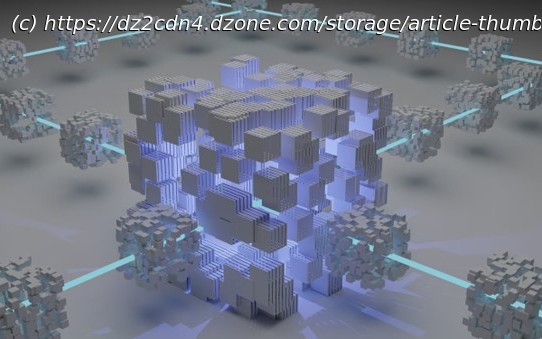Here is a breakdown of the best proof of stake alternatives that could power the future of blockchain technology.
Join the DZone community and get the full member experience.
According to Statista, global spending on blockchain solutions is projected to grow to $19 billion by 2024. However, despite its numerous applications across a multitude of industries, there is still a large debate over what type of blockchain protocol is most effective.
At its core, blockchain technology is designed to act as a public ledger where information can be recorded and distributed without being manipulated or edited. Every blockchain must strive toward three main features: security, decentralization, and scalability. Yet, not all blockchain protocols achieve this task to the same degree.
Each blockchain utilizes an underlying consensus mechanism designed to support the verification of the “truth” of every transaction on the network. The consensus mechanism’s main purpose is to ensure that the next block in the blockchain is agreed upon by most network nodes. Furthermore, these mechanisms make it more difficult to fork the blockchain if a majority of the network does not support the fork.
Currently, the two most common blockchain consensus mechanisms are proof of work (PoW) and proof of stake (PoS). Proof of work is the algorithm that powers several of the world’s most prominent cryptocurrencies, including Bitcoin and Ethereum. However, one key disadvantage of PoW is that it needs miners to expend computing resources in order to produce new blocks. This raises questions regarding decentralization and scalability.
Proof of stake was implemented to overcome many of these issues, but when you dig a little deeper, it’s clear that PoS suffers from many of the same problems; they just manifest themselves differently.
Created as an alternative to Proof of Work, proof of stake relies on cryptocurrency owners to validate block transactions based on the number of coins a validator stakes. For this to function effectively, coin owners offer up their tokens as collateral for the chance to validate blocks on the network.






